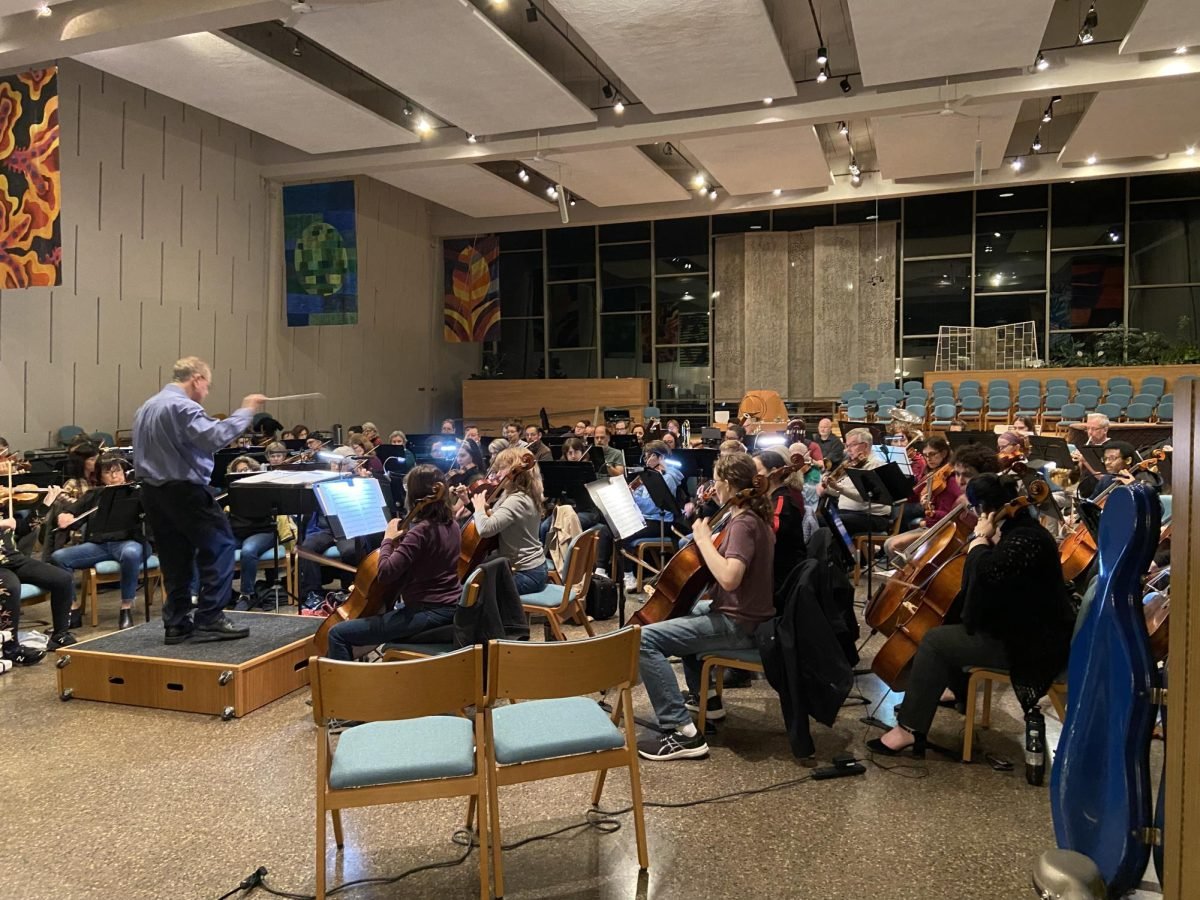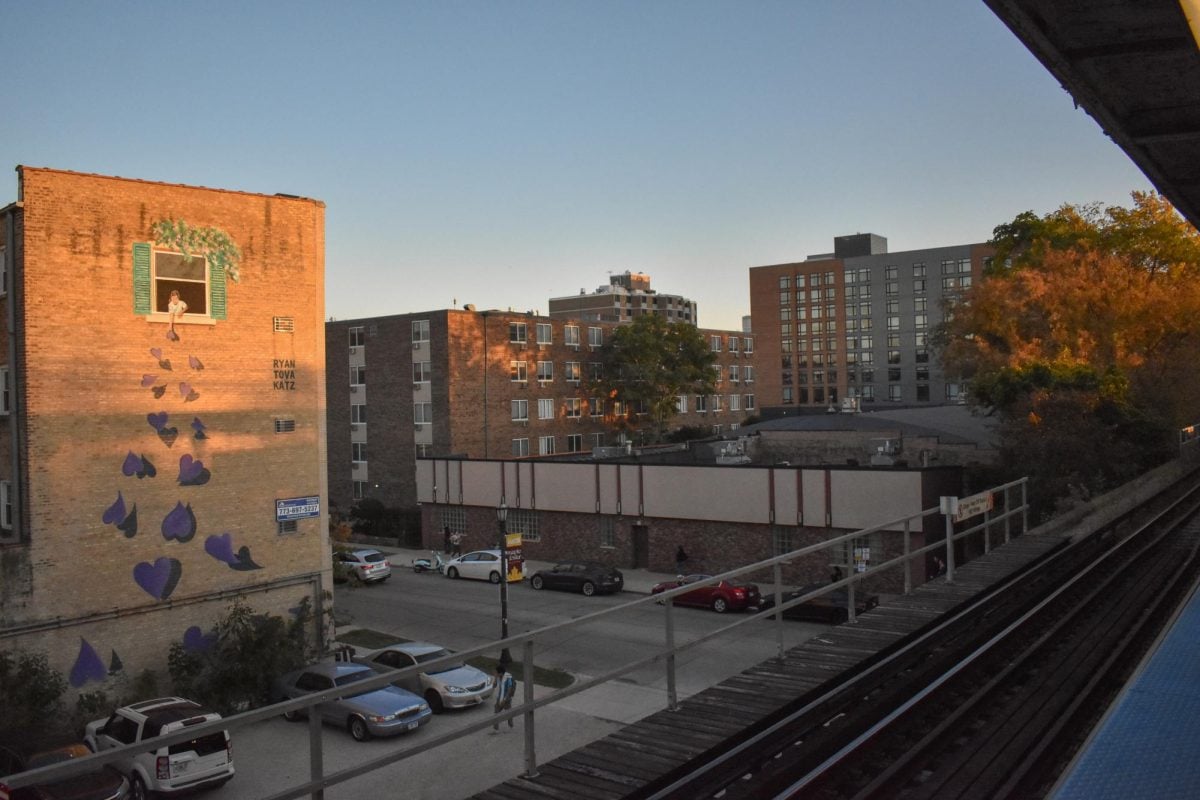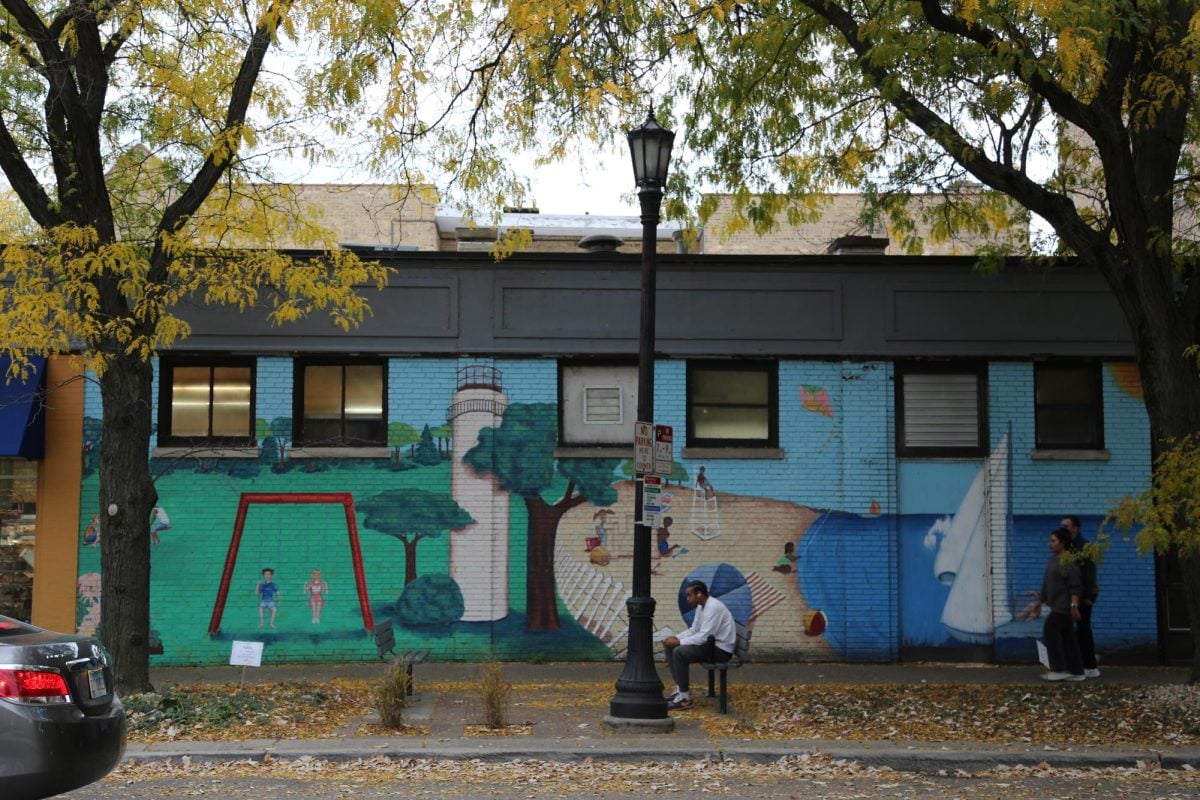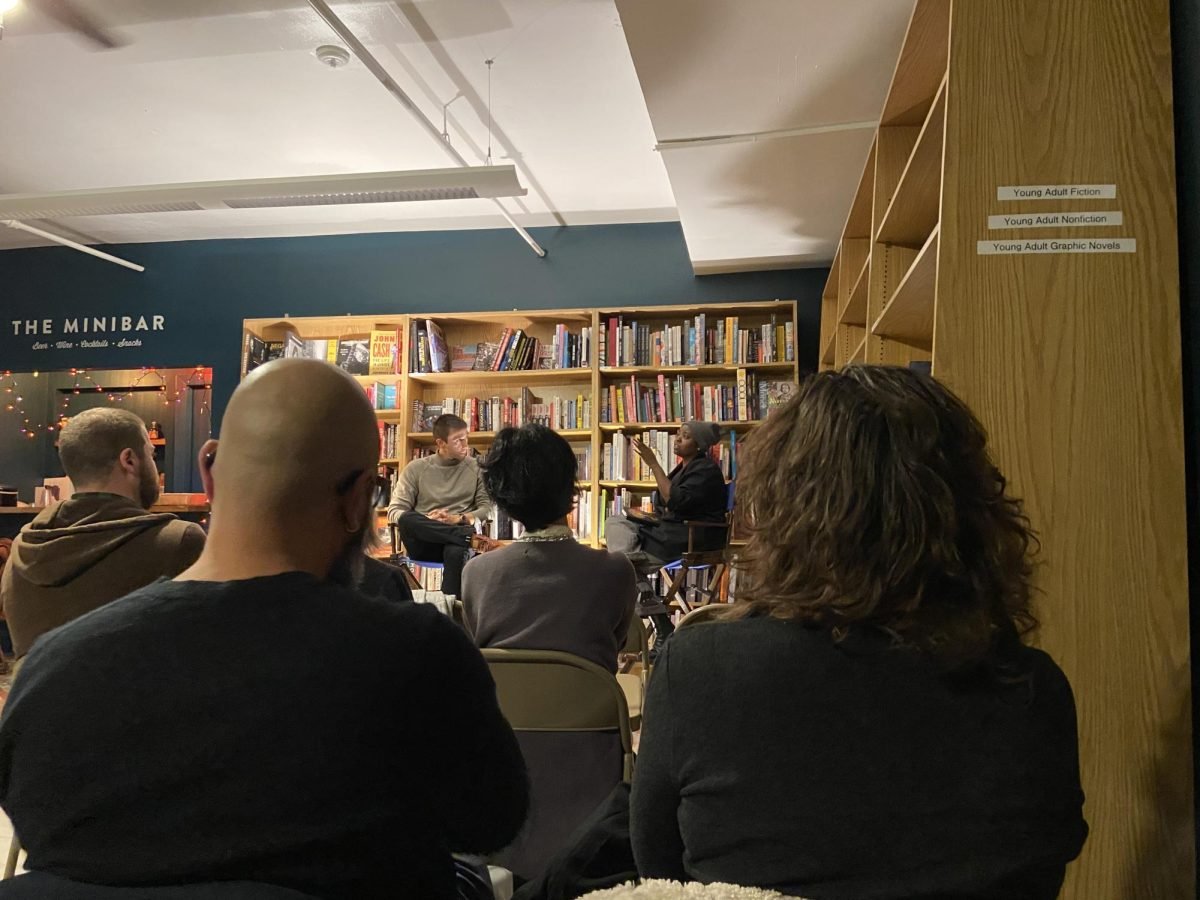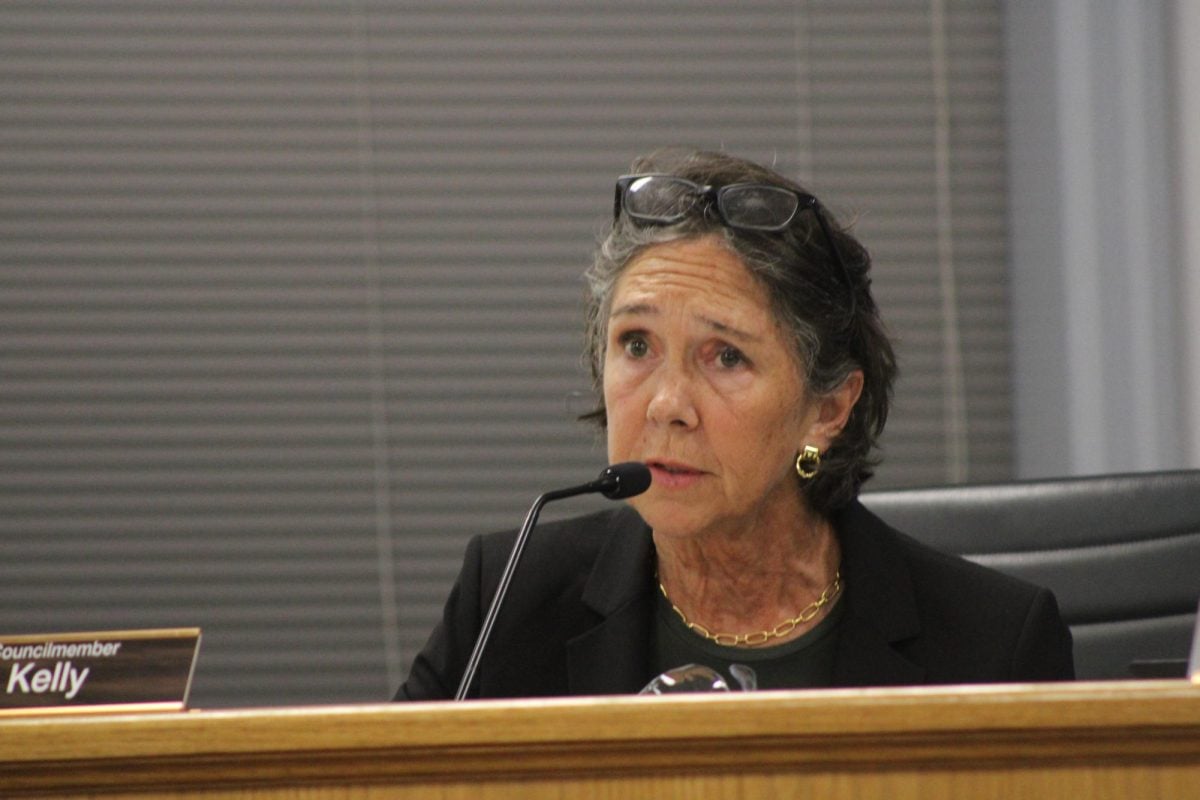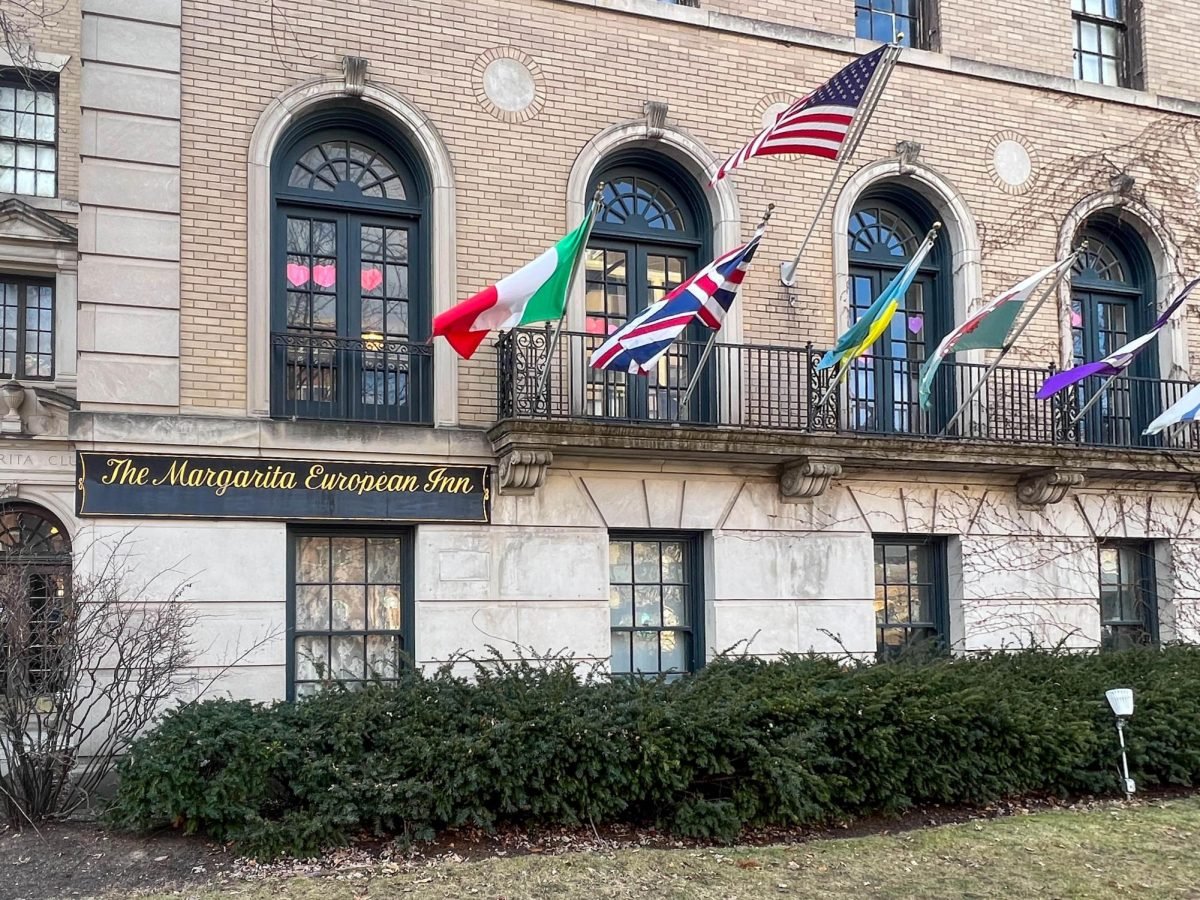The classic American novel “To Kill a Mockingbird” and the contemporary young adult series “Gossip Girl” don’t have much in common, except that both are considered “banned books” by the American Library Association.
About 15 people gathered Saturday to celebrate Banned Books Week, an annual ALA-sponsored event that celebrates the freedom to read by recognizing books that have been challenged in the past year.
At “Books on the Chopping Block,” held at the Fleetwood-Jourdain Community Center, 1655 Foster St., four performers from the City Lit Theater Company presented dramatic readings of excerpts from the ten most challenged books of 2011.
The ALA’s Office for Intellectual Freedom compiles the list by tallying the formal written complaints that are filed with libraries or schools requesting a book’s removal because of content or appropriateness. Frequent reasons for these challenges include religious viewpoints, offensive language, sexually explicit content and unsuitability to an age group.
Since 2006, City Lit, which is currently planning a move from the Edgewater neighborhood in Chicago to Evanston, has celebrated Banned Books Week with these readings.
On Saturday, the City Lit performers started with excerpts from the tenth most challenged book, “To Kill a Mockingbird,” and worked their way to the most challenged book of the year, the “ttyl” series by Lauren Myracle.
Katy Nielsen, City Lit’s education director, produces the event. Nielsen said she picks the excerpts to show why the books have been banned or to show the greater literary merits of the books in question.
Saturday’s event marked the seventh and final “Books on the Chopping Block” performance for the week, with this year being one of the most poorly attended in the event’s seven-year history.
Nielsen defended the value of banned books, citing the frequently challenged “The Perks of Being a Wallflower,” by Stephen Chbosky, which she said has impacted many readers. Chbosky has received fan mail from kids who were suicidal but related to his book, she said.
“In that context, this book actually saves people’s lives, by giving them something to connect with,” Nielsen said.
Stacey Gibson, a high school English teacher in Chicago and parent of a 13-year-old girl, said she would allow her students and her daughter to read some of the books in question because she sees novels as reflections of a complicated world.
“Books operate as windows, they operate as mirrors,” she said. “I’m actually okay with kids exploring what’s going on in books more so than in real life.”
